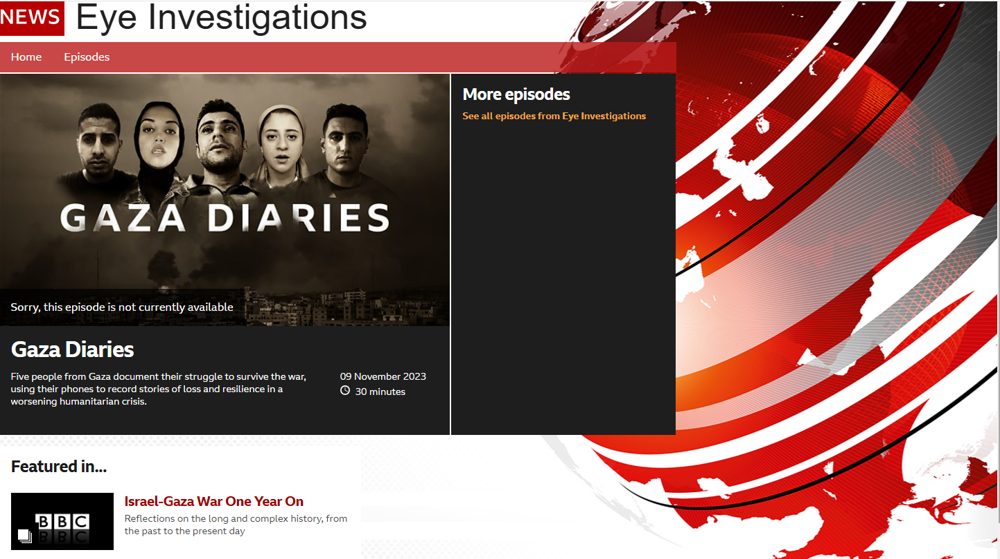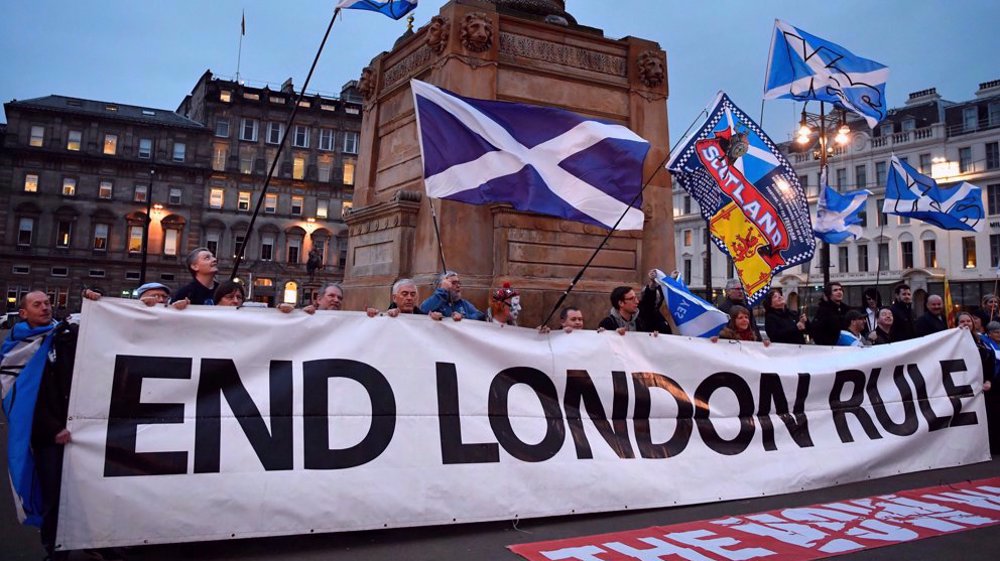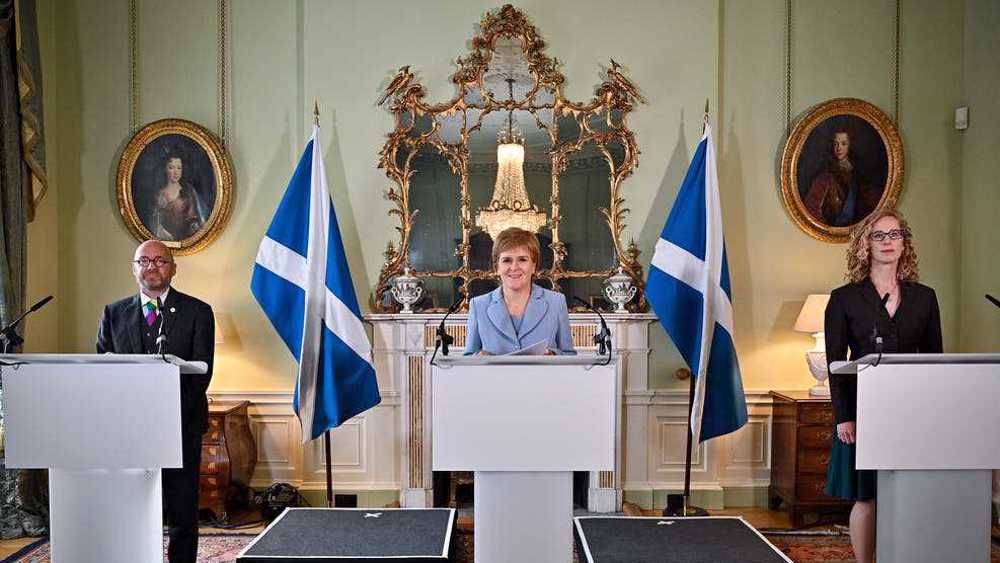Scottish independence is ‘Brexit times ten,’ warns SNP advisor
A leading economic adviser to Scotland’s First Minister Nicola Sturgeon has warned that the damage to the country caused by independence could be ten times worse than the Brexit.
In an interview with the Foreign Press Association on Monday, Mark Blyth, professor of international economics at the Watson Institute of Brown University in Rhode Island, and a member of Sturgeon’s council of economic advisers, said, “[The Union] has been together for over 300 years. So, if pulling apart 30 years of economic integration with Europe is going to hurt, 300 is going to hurt a lot.”
Blyth reiterated that Brexit had bolstered the prospects of a second Scottish independence referendum, as Scotland voted to remain in the European Union.
“If your argument is that we need to do this because of Brexit, then Scotland separated from England is the biggest Brexit in history,” he said, adding that “the last time Scotland was fully economically independent, the word capitalism hadn’t been uttered.”
The newly published Government Expenditure and Revenue Scotland report suggests that Scotland’s economic deficit has reached to 22.4 percent, which is more than eight percent higher than that of the UK as a whole.
The widening deficit was a bad result of government policies in imposing restrictions on economic activities to curb the spread of the coronavirus pandemic.
Blyth outlined two independence scenarios in the interview.
“Either you have brass-plate independence — you declare independence, you get a vote, but nothing really changes, you put up some brass plates in Edinburgh, and nothing really changes, you keep the pound and all that stuff.”
“Or you go for regulatory divergence — different currency, different economic policy, etc, which will entail significant short to medium-term costs. There’s no way around that. We know that because it’s Brexit times ten,” he said.
The leading advisor’s warning came in the wake of signing a power-sharing deal between the Scottish Government and Scottish Green party last month, which strengthened the prospective for a second independence referendum in Scotland.
The cooperation agreement created a mutually agreed political platform to be pursued by the Scottish government, with independence listed as the first point in the 51-page document.

British celebrities condemn BBC removal of Gaza documentary

Palestine Solidarity Campaign director on trial

BBC blasted for pulling documentary on Gaza children after Israel lobby pressure
Egypt: Hamas-Israel negotiations on next phase of ceasefire begin
Over dozen settlers injured in anti-Israel operation near Haifa
Pezeshkian: Iran open to talks but won’t capitulate to bullies
VIDEO | Iran unveils advanced naval arsenal
VIDEO | Reunion of released Palestinians and their families in Khan Yunis
Kurdish leader Ocalan calls on PKK militants to end war with Turkey
Health leader warns Africa's health services at risk of 'collapse'
VIDEO | Press TV's news headlines








 This makes it easy to access the Press TV website
This makes it easy to access the Press TV website